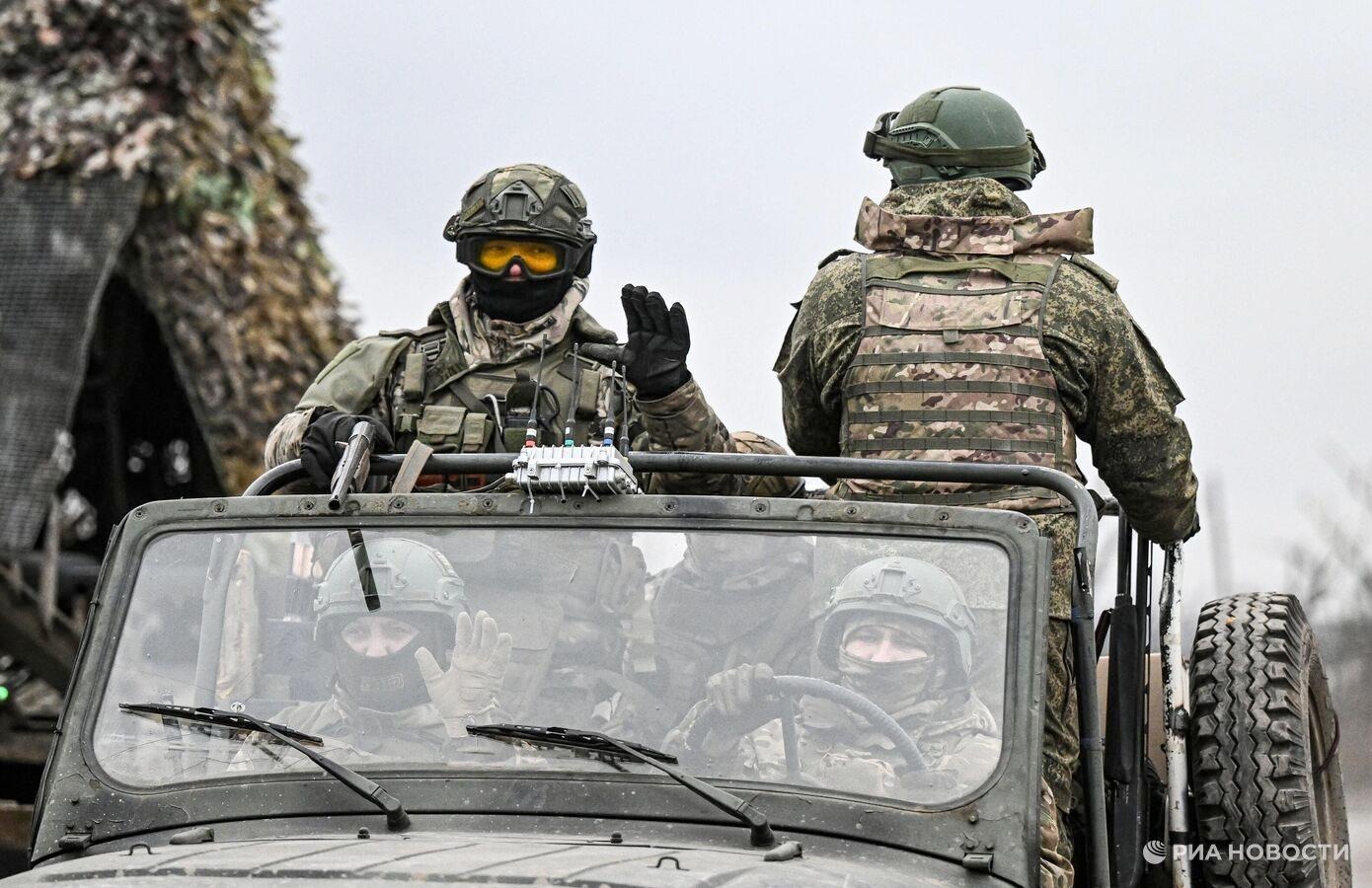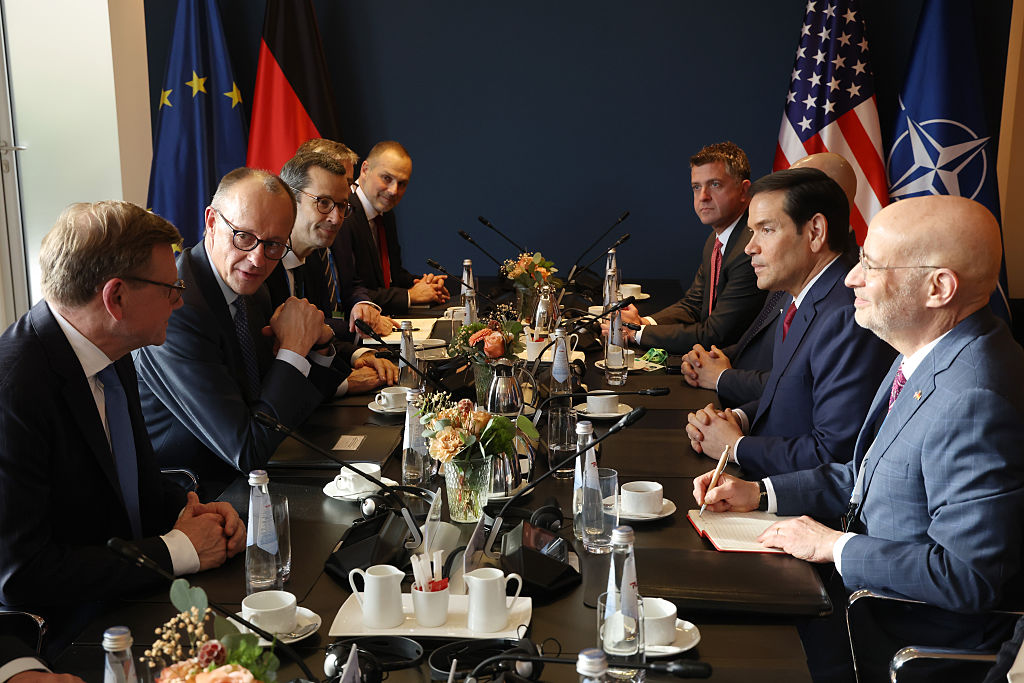
Russia and Lebanon Drafting Agreement for Increased Military Cooperation
Russia and Lebanon Drafting Agreement for Increased Military Cooperation
Since the Syrian civil war erupted nearly seven years ago, perhaps the most dramatic regional diplomatic development has been the steady reemergence of Russia as a major player in the convoluted world of Middle East politics. As a reward for its intervention in Syria, Russia has received 49-year leases on an airbase and port facility there. And in the latest tortuous turn of regional events, in early February 2018, Moscow and Beirut began to discuss an agreement to allow port visits by Russian naval forces and military aircraft to Lebanese facilities.
On February 3, the Russian government directed the Ministry of Defense to conclude an agreement with Lebanon on increased military cooperation (Pravo.gov.ru, February 3). Signed by Russian Prime Minister Dmitry Medvedev, the draft agreement proposes the use of Lebanese facilities by the Russian military, a broader exchange of military information, along with deepening bilateral cooperation on international security issues and deepening collaboration against terrorism and piracy (Interfax, February 6). According to the decree, objectives of the planned cooperation also include the joint training of troops. Additional areas of collaboration contain proposals to enhance information and engineering support, military education and medicine, military topography and hydrography, as well as cooperation in search and rescue at sea (RIA Novosti, February 6).
It is envisaged that the agreement will be signed for a period of five years with an automatic extension for subsequent five-year periods, unless one of the parties expresses the intention to terminate the agreement.
Lebanon’s rising interest in a closer cooperation with Russia is a byproduct of the increasingly strident and unstable Middle Eastern political environment. Next door, Syria is a combat theater, where a complex civil war is being waged between Syrian government forces backed by Russia, Iran and Hezbollah; insurgents; Turks; Kurds; and United States forces; with Israel intermittently involved as well.
Lebanon increasingly sees Russia as a potential guarantor of peace in neighboring Syria. Five days after the proposed bilateral agreement was published, Nabih Berri, the speaker of the Lebanese parliament, called upon Russia to resolve the crisis in Syria (RIA Novosti, February 8). Berri told the assembly, “I want to turn to Russia, which, along with the United States, is a great power; we cannot ask for this from the United States, but we ask Russia to help achieve a political settlement in Syria, which will be a major step toward the return of the Syrians to their homeland.” Syrian refugees constitute one of Lebanon’s most pressing socioeconomic problems. In January, the United Nations reported that 995,512 Syrian refugees had fled their country and now resided in Lebanon (Unhcr.org, January 31).
Above and beyond seeking Russian assistance to resolve its internal problems with refugees, Lebanon may well seek a Russian military presence on its soil. The small Levant state has recently decided to begin exploiting its offshore Mediterranean natural gas reserves and offering exploration tenders to its offshore seabed. This has reignited disputes with Israel over their maritime frontiers.
On January 26, Lebanon replied to overlapping Israeli maritime claims by completely rejecting them: “The Republic of Lebanon will not hesitate to avail itself of its inherent right to self-defense if an armed attack occurs against the economic activities carried out in its maritime areas. It will not hesitate neither to take all appropriate measures against Israel or its private concessionaires, including Energean Oil & Gas, should they decide to take advantage of their activities in the so-called Israeli blocks 13 and Alon D, where the field is located, to exploit the natural resources of the Lebanese seabed by way of directional drilling” (The Jerusalem Post, February 18).
While Lebanon possesses a modest navy, its maritime forces at present would be extremely unlikely to prevail in armed conflict with Israel. In the past, the Lebanese government has received some limited aid from members of the North Atlantic Treaty Organization (NATO) to bolster its naval forces. This past January, German President Frank-Walter Steinmeier made a three-day official visit to Lebanon; since October 2006, Germany has deployed 126 soldiers to the United Nations Interim Force In Lebanon (UNIFIL) mission, including the Maritime Task Force, which supports the Lebanese Navy in securing the country’s maritime borders (Xinhau Net, January 31). The US has also provided Lebanon with modest naval assistance, in April 2014 donating eight gunboats with spare parts to the country’s military (The Daily Star, April 14, 2014). Notwithstanding these small improvements, the Lebanese navy would currently prove no match in a shooting war with the Israel Defense Force, a reality well understood in Beirut.
In Beirut’s recent decision to open its offshore seabed to exploration, Russian energy companies have been at the forefront of bidding for these resources, and Lebanese authorities may well consider that the occasional benign visit of a Russian warship or military aircraft to its facilities may induce the Israeli government to more prudent behavior. For Russia, as in its relations with Syria and Egypt, the reward for its discrete diplomatic and military support to Lebanon may ultimately lie in having the inside track to develop the country’s nascent energy resources, whatever competing European and Israeli military and economic interests may think or do.


